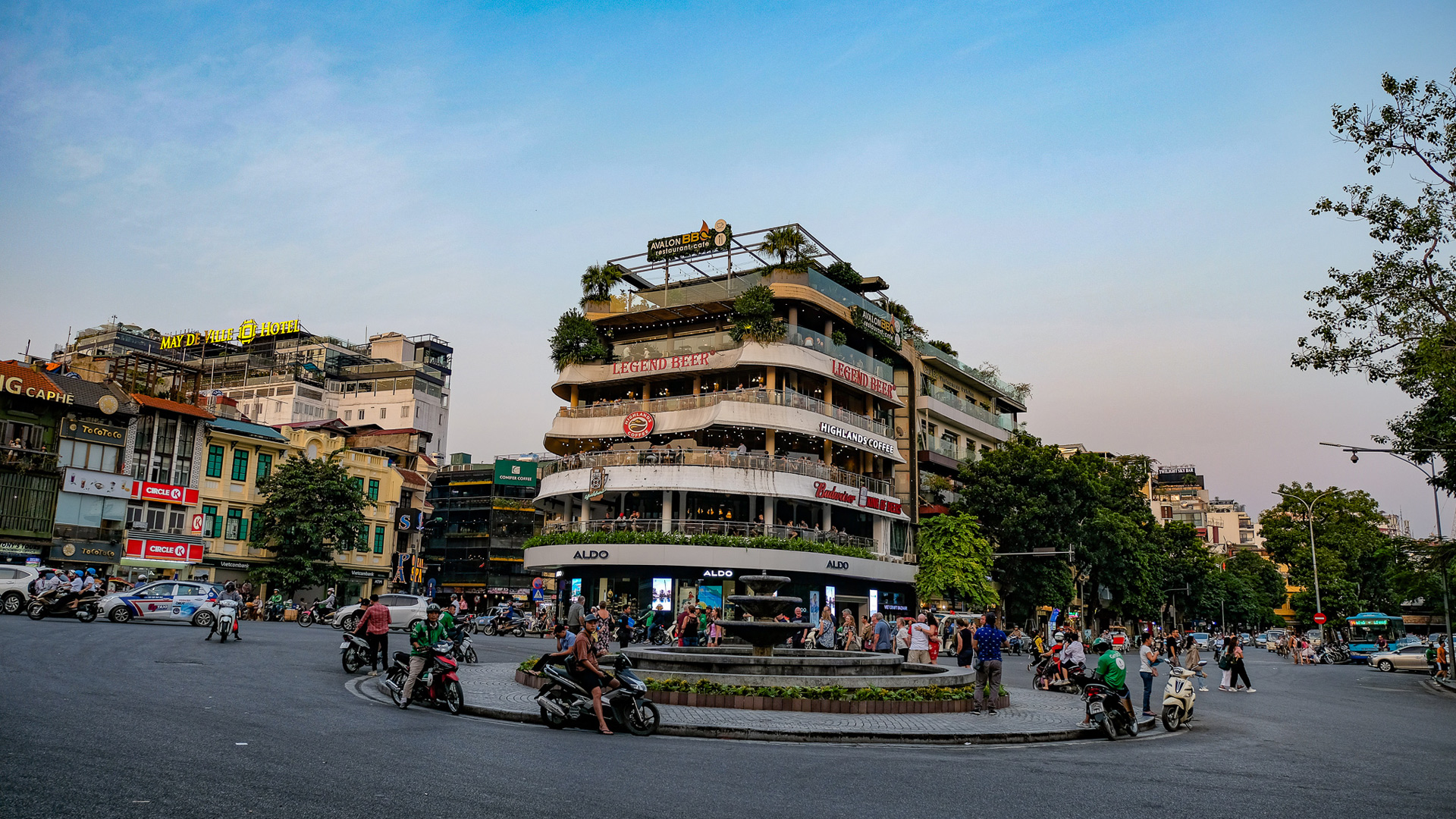
The Lab is organised around five main sets of activities, which will be launched incrementally from 2022 onwards:
The core team in Turin is focused on a 5-year ERC-funded research on ‘Inhabiting Radical Housing’, which investigates how housing and inhabitation struggles enable people to articulate wider, if often mundane, politics to fight class, race, and gender injustice across the globe. Central to the achievement of this aim is the development of a Radical Housing Approach (RHA), based on three tenets: a decolonial and intersectional take on theory; an ethnography oriented at critical engagement; and a committed approach to knowledge exchange.
Inhabiting Radical Housing is designed around five research objectives:
- To sketch the contemporary history of housing precarity across the globe from an intersectional perspective (looking at how it intersects with class, gender and race dimensions);
- To investigate the organisational structures and politics of housing activist networks in the Americas, Europe, Sub-Saharan Africa, and Asia;
- To explore radical inhabitation practices on the ground, in eight paradigmatic cities worldwide;
- To facilitate trans-local knowledge exchange and support situated housing struggles;
- To set a new agenda for a global scholarship of radical dwelling practice and theory.
On the basis of this foundational research work, with the Lab we want to nurture and expand our collective capacity to think critically around the areas of concerns previously identified. Our work will take the form of reading and writing retreats, which will germinate in a series of individual and collective interventions in the fields of Urban Studies, Human Geography,Anthropology, as well as in selected non-academic outlets. We will also produce open-source materials, such as glossaries and special issues.
A list of all publications generated through our research is available here.
The Beyond Inhabitation Lab Seminar Series is a set of high profile interventions that will take place both online and in-person, in Turin. The seminar series comprise six events per year, three during spring and three during autumn. In the spring, we host members of our steering committee (see who they are here) and in the autumn we invite scholars and activists whose work we would like to engage more deeply with and learn from. The seminars are open to all interested attendants and will be recorded and made publicly available in our Archive.
The lab will also have consistent participation in conferences and events in the fields of geography, sociology, anthropology and urban studies. We will have continued calls for papers, and all those interested in engaging with the lab and its projects are encouraged to submit abstracts.
Find out more about our Seminar Seriesin our events page.
Extended Working Groups are an experimental practice of thinking, writing and working together aimed at expanding both our repertoire of academic practices and forms of meaningful engagement with scholars from different geographies and disciplinary fields. Building upon our experiences of online engagement and collective discussion and writing, the idea is to use online platforms to bring together scholars of otherwise divergent disciplinary backgrounds around a single notion or topic of interest, regardless of career stage. Online meetings are used to workshop novel notions and concepts based on each scholars’ trajectory and disciplinary background in playful ways, simply asking what does that specific notion entail in their own work and what do they deem important to consider when thinking about it? The goal is to facilitate new interpretations and insights of established concepts and terms from radically different perspectives
The Extended Working groups are limited to the members of the Steering Committee and the Turin-based scholars.
Our visiting programme offers an opportunity to scholars and activists to spend some time with us in Turin, Italy, in the beautiful setting of the Castello del Valentino.
We are interested in having visiting scholars looking to apply for major European funding schemes – such as the Marie-Curie and the ERC – using DIST and the Lab as their main host institution. Because the Polytechnic of Turin is a public athenaeum, within a public university system, our focus is not on grant capture per-se. Rather, we aim to solidify, expand and provide a future to our collaborative work by working with cognate critical scholars in the field of urban and housing studies, who might see opportunities in working with us in Turin. Our visiting programme will offer interested scholars the possibility to work on their grant applications with us, to refine their ideas, and develop their approach, both remotely and in person in Turin (for a period of 3-4 weeks).
If you are interested in visiting us, get in touch here.
Our signature 2024-2025 Urban Studies Summer School, co-organised with the Urban Transitions Hub (Lisbon) is now open. Check our call for participation and all details, here.
